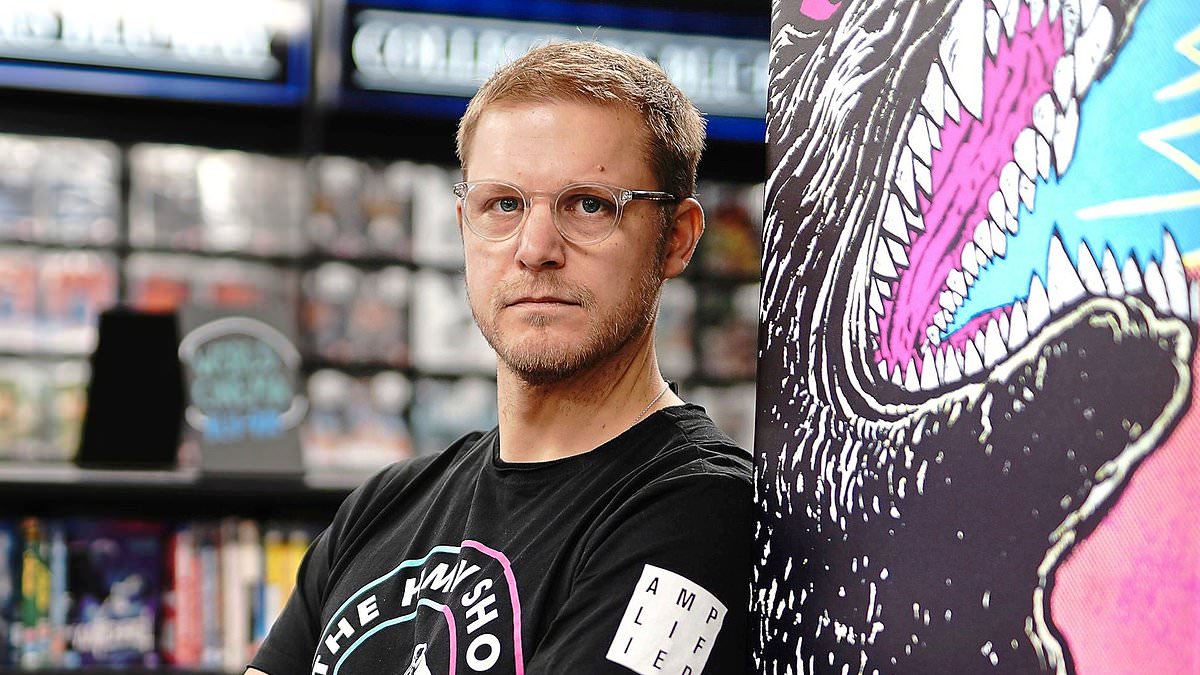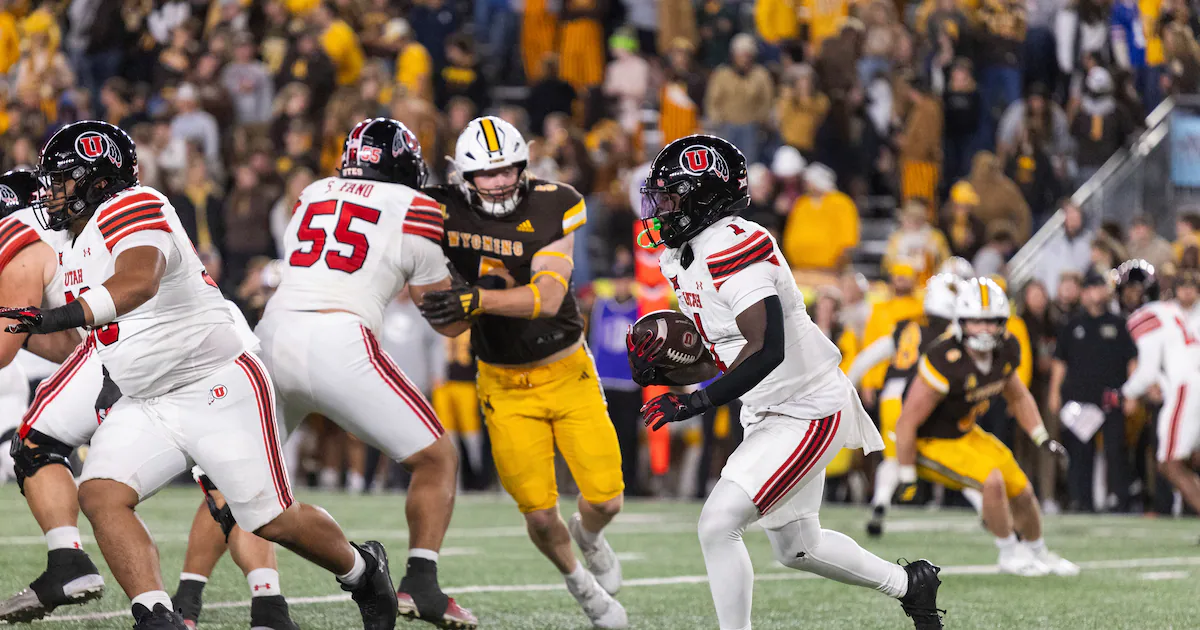By Editor,Emily Hawkins
Copyright dailymail

Stay strong and keep confident in tough times. That’s the message from How You Like That, one of the biggest hits of K-Pop group Blackpink. That Korean pop song would be an appropriate anthem for Phil Halliday, managing director of HMV, the entertainment and music chain that has 100 stores in Britain.
Halliday is upbeat about the ‘fervent’ demand for Blackpink’s music and merchandise, which was boosted by the girl-band’s concerts at Wembley last month. He says: ‘There’s a lot of community focused stuff. If you’re into K-Pop, you’re in the K-Pop crew.’
But Halliday is most vocal on the issue of tax and other obstacles facing the UK High Street. He argues that Chancellor Rachel Reeves – who accepted free tickets to a Sabrina Carpenter concert without declaring them – regards retail as ‘quite easy pickings’.
His remarks follow warnings about Government policy from Next boss Lord Wolfson.
Halliday has been critical of the Chancellor’s Employer National Insurance tax raid in last year’s Budget, which forced HMV to halt plans to open new shops. He now fears more blows in the Budget on November 26, saying: ‘Retail should pay a bit like everyone else – but it pays more than any other sector.’
Halliday contends that High Street operators pay more of their revenue in tax than online rivals such as the tech giants Amazon and Apple. He says: ‘That burden should be more evenly spread. In the High Street we have had our share of the tax rises, and we would hope that they look somewhere else.’
He also argues Labour’s reforms to business rates will backfire as big retailers will end up having to ‘close floors or close stores or sack people or buy less stuff.’
The reforms are meant to level the playing field between bricks-and-mortar shops and online rivals by increasing taxes for larger premises, snaring the warehouses used by online vendors.
But retailers argue the changes will also hit the bigger ‘anchor’ stores on high streets that draw in shoppers to other businesses.
Managers fear 4,000 shops could be forced to pay higher rates.
‘It feels like there’s some finessing needed in order for it to achieve its objective, which is to support bricks and mortar retail,’ Halliday says.
Halliday is worried about dismal footfall in the High Street and the disappearance of what he calls ‘these little ecosystems of things in those places that used to make it a thriving hub’.
Thriving hub would be a good description of HMV’s flagship store in London’s Oxford Street, which reopened in 2023 after four years when its future seemed uncertain.
It was a fitting comeback for a store that first opened its doors in 1921 in a ceremony starring the composer Edward Elgar.
Today it stocks myriad items: CDs, DVDs, BluRay discs, vinyl records, T-shirts, socks, books, trading cards and anything else that brings fans closer to their idols. Figurines of recording stars, Japanese anime and Marvel characters are another draw.
Once seen as a casualty of online music streaming, HMV has enjoyed a renaissance, thanks to a revival in demand for physical CDs and vinyl in recent years.
It was rescued in 2019 by Canadian billionaire Doug Putman, who also owns the Toys R Us chain.
The reopening of the Oxford Street store helped boost HMV’s sales by 7 per cent to £190 million last year, but profits fell 6 per cent to just under £5 million.
Limited edition merchandise puts HMV in prime position to appeal to music fans visiting London both from elsewhere in Britain and from abroad for gigs.
Apart from Blackpink, big acts like Billie Eilish and, of course, Oasis have performed in the capital and around the UK, while Lady Gaga will be featuring at the 02 Arena late this month.
‘A lot of people fly in from all over the world and spend a couple of days in London before the gig,’ says Halliday. ‘They’ll come and spend the day around some record shops, go to some pubs and bars. That whole massive event moment for gigs is really something that’s emerging.’
Last year, a record-breaking 23.5 million music fans travelled to the UK, splashing out about £10 billion on artists such as Taylor Swift and Charli XCX.
On a tour of the Oxford Street store, Halliday talks about the surprising and unpredictable tastes of music fans.
They include such past smash hits as indie band Arctic Monkeys’ 2013 AM album, which sells as well as Pink Floyd’s The Dark Side Of The Moon, Fleetwood Mac’s Rumours – and even Oasis’s Definitely, Maybe.
But HMV is not just about the music, it’s also about the written word.
The group started selling books in November last year to cash in on a post-pandemic reading boom among younger readers fuelled by social media. George Orwell’s Nineteen Eighty-Four is one of the best-sellers, with cult handbook The Art And Making Of Arcane – about the creation of the Netflix animated series – and graphic novel The Mandrake Project.
‘It’s providing something for a customer at a young age, but then having offers for them as they move through all their interests as they get a bit older,’ says Halliday.
As The Mail on Sunday has reported, the collectibles craze has also given Halliday a headache as the demand for Pokemon cards has become so intense that even delivery vans are being targeted by thieves.
HMV keeps the packs behind the shop counter and limits sales to four per customer. Halliday says: ‘We can’t keep them just anywhere.’
Keeping staff safe from shoplifting and attacks is one of his main concerns. He says working in a shop has become the same as working in a pub – anyone could walk in and do anything.
Halliday admits staff are ‘quite demotivated’ because in many cases ‘the police don’t come’.
And it’s not just the risk of physical crime. The spate of cyber attacks on big names from Marks & Spencer to Harrods – and more recently Jaguar Land Rover – keeps chief executives up at night, says Halliday.
He adds: ‘With M&S, for a lot of people it probably took it from being a theoretical risk to like, oh, you might be sat in your office one morning with no website.’
Perhaps that in itself is a good argument for companies such as HMV investing in physical stores.



